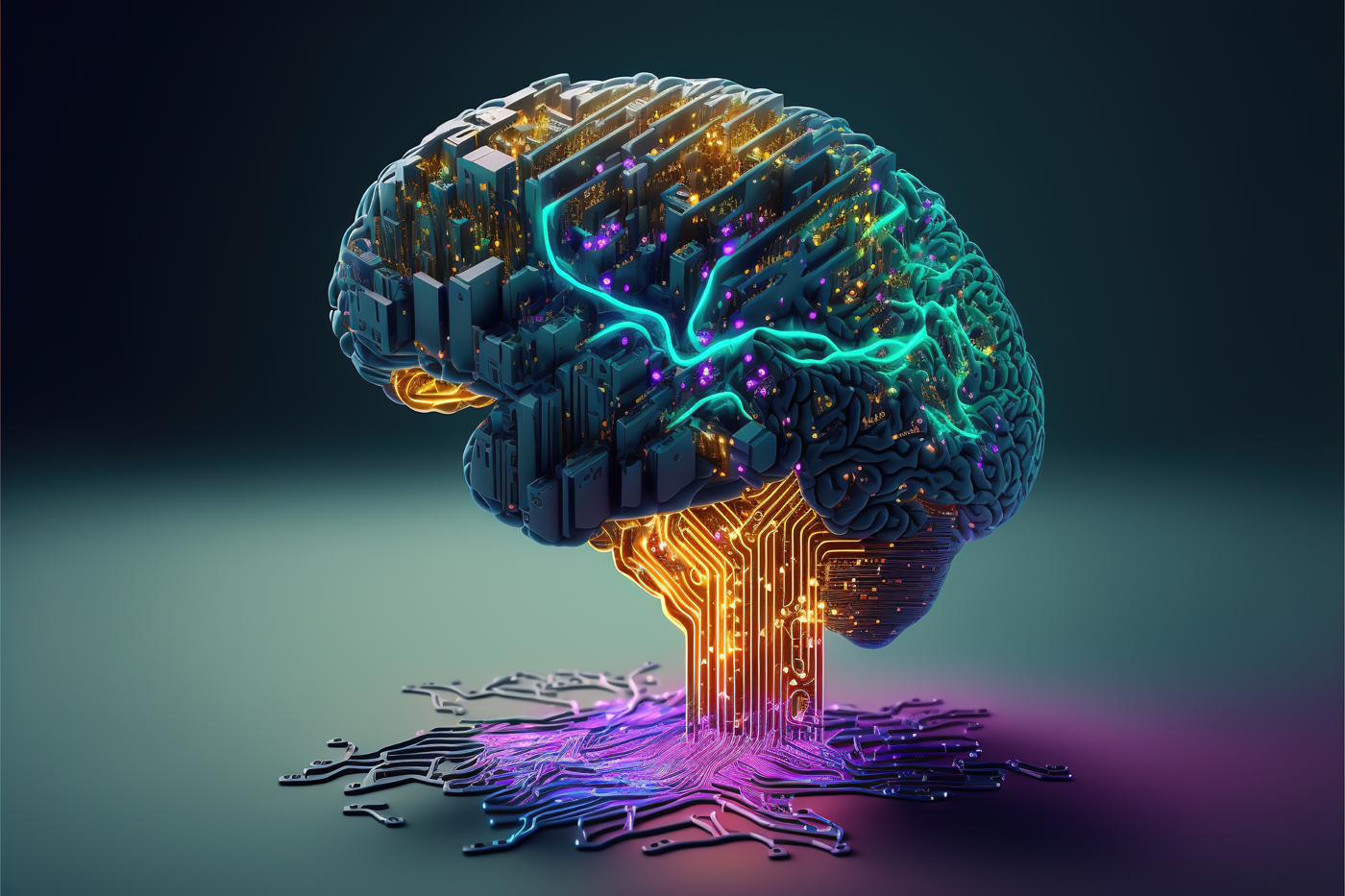Comments
- No comments found

In the rapidly evolving landscape of business and technology, leaders are constantly seeking innovative ways to streamline processes, boost efficiency, and unlock new opportunities.
At the forefront of this transformation is the integration of generative artificial intelligence (AI), a cutting-edge technology that promises to revolutionize how organizations leverage data and streamline operations. In this article, Sanjay Brahmawar, the visionary CEO of Software AG, shares his insights on how generative AI is redefining business integration, creating a seismic shift in the way companies operate and thrive in the digital era.

Hailing from a military family with a rich legacy of fighter pilots, Sanjay's life journey is nothing short of remarkable. Armed with a background in engineering and a finance MBA degree, he embarked on a career that would soon lead him to the forefront of the AI frontier. With 16 years of experience at IBM, including a pivotal role in the development of Watson, Sanjay had already glimpsed the transformative potential of AI long before it became a buzzword. His passion for innovation and harnessing the power of data integration led him to assume the role of CEO at Software AG, where he now spearheads a new era of business integration powered by generative AI.
Generative AI, a subset of artificial ntelligence, is revolutionizing the way businesses approach data integration. Unlike traditional AI, which relies on predefined algorithms and historical data, generative AI has the remarkable ability to create its own rules and generate new insights. Sanjay explains how this technology is a game-changer, allowing companies to tap into the full potential of their data goldmine and extract unparalleled insights.
"Generative AI is not just a data project; it is a transformative force that enables faster, more informed decision-making," Sanjay emphasizes. He elaborates on how the integration of generative AI empowers businesses across industries, providing them with a competitive edge that was previously unimaginable.
The true testament to the potential of generative AI lies in its tangible success stories across various sectors. From manufacturing to financial services, the integration of generative AI has demonstrated a profound impact on efficiency, innovation, and customer engagement.
In manufacturing, generative AI optimizes condition-based monitoring and injects innovation into product design. The technology enables proactive maintenance, reducing downtime and optimizing production processes. In the financial services sector, generative AI enhances customer engagement and personalization through chatbots and AI-powered virtual assistants, revolutionizing how banks and financial institutions interact with their customers.
Sanjay, being a leader with a clear vision, also highlights the importance of responsible AI adoption. As businesses embrace generative AI, addressing potential risks and ethical considerations becomes paramount. Transparency, privacy protection, and maintaining an ethical approach are crucial aspects that demand attention. Sanjay emphasizes that nurturing a culture of education and responsible use is key to ensuring that generative AI serves as a force for good.
As the conversation unfolds, it becomes evident that generative AI is not just a technological advancement but a transformative force that requires visionary leadership. Sanjay passionately advocates for a visionary mindset and a commitment to learning, as CEOs play a pivotal role in leading their organizations into the AI era.
"Incorporating generative AI into our business strategies requires a willingness to explore and experiment," Sanjay urges. By fostering a culture of curiosity and excitement, CEOs can ignite a similar fire in their teams, encouraging a culture of exploration and innovation.

Sanjay's insights on the integration of generative AI leave us with a profound realization: the future of business integration lies in harnessing the limitless potential of data through generative AI. As CEOs embrace this technology with curiosity and a sense of responsibility, they have the privilege to lead their organizations into a new era of efficiency, innovation, and customer-centricity. The visionary integration powered by generative AI is poised to redefine the business landscape, creating a lasting impact that resonates for years to come.
Helen Yu is a Global Top 20 thought leader in 10 categories, including digital transformation, artificial intelligence, cloud computing, cybersecurity, internet of things and marketing. She is a Board Director, Fortune 500 Advisor, WSJ Best Selling & Award Winning Author, Keynote Speaker, Top 50 Women in Tech and IBM Top 10 Global Thought Leader in Digital Transformation. She is also the Founder & CEO of Tigon Advisory, a CXO-as-a-Service growth accelerator, which multiplies growth opportunities from startups to large enterprises. Helen collaborated with prestigious organizations including Intel, VMware, Salesforce, Cisco, Qualcomm, AT&T, IBM, Microsoft and Vodafone. She is also the author of Ascend Your Start-Up.
Leave your comments
Post comment as a guest